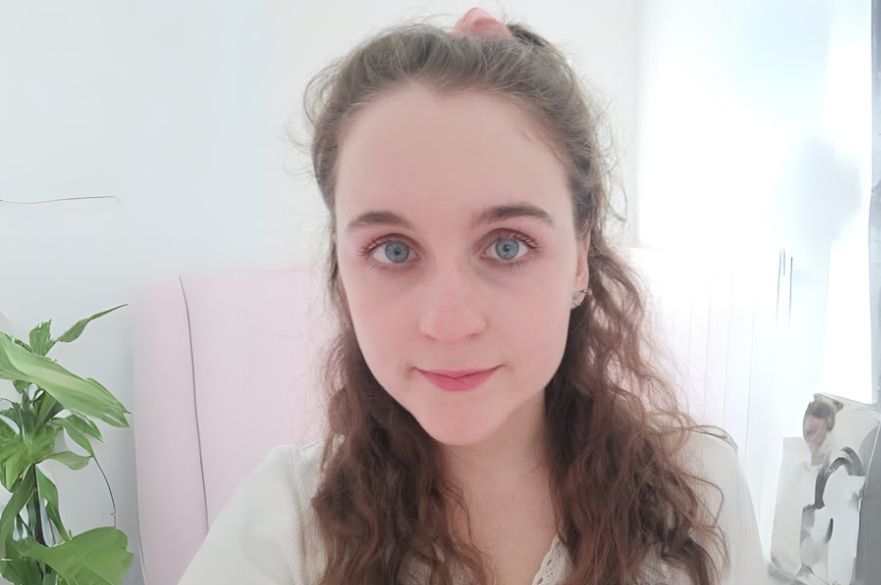
At doctoral level in universities, the number of black people enrolled on research degrees is small. Given this problem, I wanted to understand why, where, and how black people fit in the socio-economic and politico-cultural strata of British society.
More about Bamba
Tell us about your background before you started your research?
I trained as a teacher of Modern Foreign Languages (French and Spanish) at London Metropolitan University and taught in some schools in London and Hertfordshire before joining Nottingham Trent University in 2021. Prior to my teacher training, for over 12 years I worked in various supervisory and management roles in hospitality and retail brands such as Whitbread group plc, Marks & Spencer plc, Compass group plc and Mitchells and Butlers plc.
I received a BA in French and Sociology from the University of The Gambia, a certificate in French linguistics from Cheikh Anta Diop University in Senegal, Subject Knowledge Enhancement (SKE) training in Spanish from St Mary’s University of London, a Bachelor of Art (BA Hons) degree in International Hospitality Management from the University of Derby, a Master of Science (MSc) degree in Business Administration from the University of Gloucestershire and a certificate in Social Entrepreneurship (FHEQ L4) from the University of Oxford.
I co-published a collection of poems and proverbs in 2004 in The Gambia before my relocation to the UK in 2008. Personally, I have a passion for creative writing, (poetry and prose), sociology, and linguistics. I currently speak English, French, Spanish, Mandinka, Wolof and can read Quranic Arabic.
What inspired you to research this area at NTU?
Since I started working in the UK hospitality industry in 2008, I observed that black people are always concentrated in lower cadres of businesses or organisations. I noticed that in various companies, most of the employees who identify as black worked as waiters, janitors, customer service assistants or in other unskilled or semi-skilled roles.
At doctoral level in universities, the number of black people enrolled on research degrees is even much smaller. Given this problem, I wanted to understand why, where, and how black people fit in the socio-economic and politico-cultural strata of British society. What barriers limit us from being comparatively competitive in the wider economic super-structure of Britain. Are there any systemic barriers? Can doctoral education be a solution to the race problem? How?
Given that Nottingham Trent University is nationally and internationally recognised as one of the most successful post-1992 universities in the UK with a significant percentage of black and minority students and staff, I decided to apply to carry out my research on race and social justice in doctoral education at this renowned and world-class university.
What support have you received from NTU?
From outset, the application process was simple, standard, and straightforward. It was a great experience using the online portal to submit all the required documents for admission.
Therefrom, the doctoral school administrators have been in constant contact with me to update me on the progress of my application. Eventually, after competitive shortlisting, interviewing and further reviewing of my suitability, I was offered a PhD place. I fulfilled all the conditions of the offer and enrolled unconditionally in October 2021.
Furthermore, my registration and induction have been fantastic. No issues were experienced at all. Even more fantastic is the support I continue to receive from my research supervisors despite the COVID-19 pandemic and the learning restrictions it brought with it to academia through to social distancing, my friendly and professional supervisors have always created online supervision opportunities for me. They ensured that I have all the support I need to carry out my research. I am truly grateful to them for this.
What are your plans after you finish?
I intend to be an expert on Black studies and race relations in the UK and therefore, I have many opportunities available to me, such as working in academia as a lecturer/researcher, working for the Department for Education as a race policy specialist, working in education-centred NGOs, or working for myself as a race relations consultant. Additionally, I could also combine my multilingual skills with my PhD research training by working for UNESCO locally, nationally, or internationally.
What impact do you think your research will have?
There is currently very limited literature on the participation and experiences of black students in doctoral education in both pre- and post-1992 universities in England. My research will contribute to filling this gap. As a result, it will help create new understandings and applications of Critical Race Theory in university settings and positively impact on racial equality policy formulation and implementation.
What have been the highlights of studying at NTU so far?
I have been granted a PhD bursary by Nottingham Trent University which means I can focus on my research without the need for paid full time work. I thank NTU and UKRI for this.
I have also been able to access all the course/research resources online via the NTU Library databases but I also equally enjoy visiting the university’s multiple world class campuses where all the staff are amazingly helpful and all the students are very courteous.
My supervisory team is highly knowledgeable and extremely supportive of my research.
Still need help?
-

STUDENT PROFILE
Tracy Dickinson
BA (Hons) Humanities and PGCEUnited Kingdom
https://www.ntu.ac.uk/study-and-courses/courses/our-students-stories/arts-humanities/tracy-dickinson
-

STUDENT PROFILE
Chris Cash
PGCE Further Education and SkillsUnited Kingdom
https://www.ntu.ac.uk/study-and-courses/courses/our-students-stories/education/chris-cash
-

STUDENT PROFILE
Ellie Torrance
PGCE Further Education and SkillsUnited Kingdom
https://www.ntu.ac.uk/study-and-courses/courses/our-students-stories/education/ellie-torrance